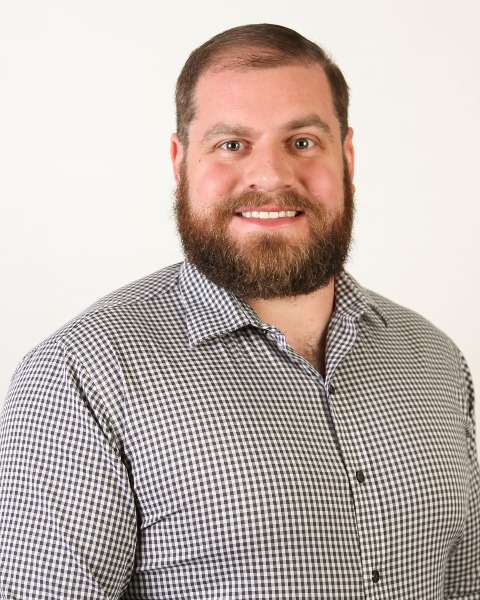
Steven M. Markwell, Ph. D. (he/him/his)
Northwestern University
Chicago, United States
Steven M. Markwell, PhD, Postdoctoral Fellow, Department of Pathology, Feinberg School of Medicine, Northwestern University.
My long term research interests involve understanding the complex interactions within the tumor microenvironment (TME) that contribute to tumor progression, therapeutic resistance, and disease recurrence. My academic training and research experience have established a foundational knowledge in molecular biology, tumor cell biology, and therapeutic targeting in cancer. As an undergraduate, my research under Alexander Scheeline, PhD focused on identifying superoxide radicals within cochlear fluid in response to noise-induced hearing loss. As a predoctoral student, my research with Scott Weed, PhD focused on mechanisms regulating actin dynamics in head and neck squamous cell carcinoma, informing future anti-invasive therapeutic interventions. I developed methodology for reproducibly capturing tumor cell mediated invasive events and perturbing these dynamics through a combination of genetic manipulations and small molecule inhibition. We uncovered a novel post-translational modification dependent regulatory pathway controlling invadopodia formation and maturation, blunting tumor-mediated invasive processes. In addition, we developed a patient-derived xenograft cohort, utilizing patient-derived tumor cells in order to better observe tumor-drug interactions. For my postdoctoral training, I will continue to develop translationally relevant tumor progression models focused on glioblastoma (GBM) TME alterations resultant from hypoxia-induced central necrosis, enabling me to develop intravital imaging modalities allowing glioblastoma progression analysis in real-time. This method recapitulates a key transition in GBM progression, the onset of central necrosis, which is largely missing from current GBM models. My research provides a unique opportunity to capture and perturb a critical turning point in GBM aggressiveness and capture resultant TME alterations in a manner yet to be observed as most tumor analysis is performed post-mortem rather than through intravital microscopy.
